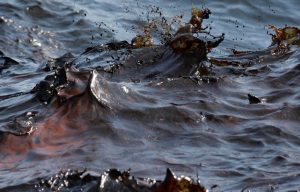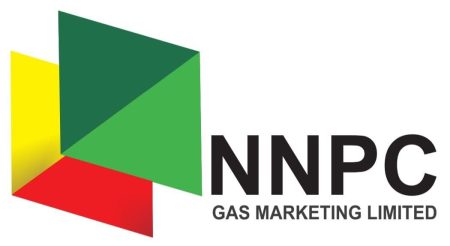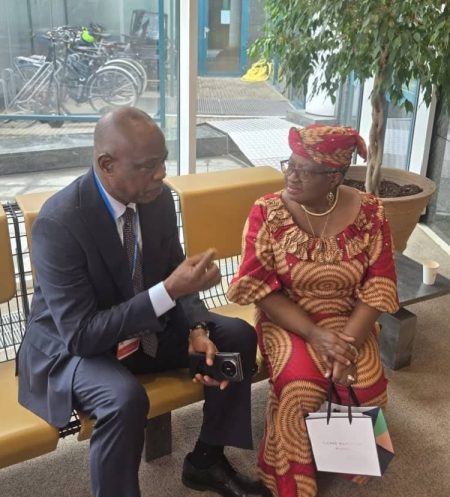
– Says Nigeria’s energy transition plan must comply with Paris agreement
Mkpoikana Udoma
Port Harcourt — Civil society groups in the country have urged the federal government to withdraw the operating licenses of Shell Companies in Nigeria, over their poor human rights record and complicity in the ecological injustices from their onshore divestment in the Niger Delta.
This was part of the resolutions reached by the civil society during the 2nd Peoples Annual General Meeting convoked by the Africa Network for Environment and Economic Justice, ANEEJ.
A communique jointly signed by the Convener of the meeting, Mr. David Ugolor of ANEEJ and Mr. Legborsi Saro Pyagbara of the African Indigenous Foundation for Energy and Sustainable Development, AIFES, also demanded that Nigeria’s energy transition plan must be compliant with the Paris agreement.
The communique said the People’s AGM was imperative in order to interfaced on the upcoming annual general meetings of oil multinationals including Shell, TotalEnergies and Exxonmobil, the Ogoni clean-up project, unwillingness of the government to end gas flaring as well as updates on new oil fields in other parts of the country.
Other reasons for the meeting according to the communique, include to receive and discuss testimonies from indigenous people on the impact of oil exploration activities on the environment and livelihood of the people.
The communique reads in part, “The President of Nigeria and the NNPC Ltd. should withdraw the operating license of Shell because of their complicity in the environmental and ecological injustices ranging from divestment from on-shore to off-shore leaving behind the problems it created in the Niger Delta, weakened climate change commitment for short-term profit, and it’s poor human rights record in Nigeria.
“The Norwegian Oil Fund and other investors should follow the example of The Church of England which made a commitment to vote against all directors at the upcoming AGMs of Exxon Mobile, Occidental Petroleum, Shell, and Total Energies, in response to their failure to meet climate change objectives.
“To conduct further research on the activities of oil companies ongoing in Kogi, Nasarawa, Gombe, and other parts of Nigeria, to promote learning and experience sharing between Niger Delta communities and other parts of Nigeria.
“The Energy Transition Plan of oil companies should be in compliance with Paris Agreement on climate change and Climate Change Act, reflecting the perspectives of communities affected by decades of fossil fuel extraction.
“We call on international financial institutions including African Development Bank, The World Bank and Export Credit agencies to discontinue financing fossil fuel projects in Nigeria.”
The People’s AGM re-stated its earlier call for the companies’ major investors to go to the Niger Delta for the fact-finding mission and resolved to undertake high-level advocacy to engage the investors and government currently supporting Shell, TotalEnergies, Exxon Mobil and other oil companies in Nigeria.
“Oil companies including Shell, Exxon Mobil, Chevron and their investors such as Blackrock, Vanguard, Legal and General Investment management, should take responsibility for loss and damage in the Niger Delta as recommended during COP27.
“We urge the Federal government, particularly the incoming administration to demonstrate the political will to end gas flaring in Nigeria.”
The communique further called for unbiased investigation into the remediation process in Ogoniland as well environmental and health audits of the entire Niger Delta and a total cleanup of the region.
“The Federal Government of Nigeria should appoint a substantive chairman for the Governing Council of HYPREP to ensure consistency in the leadership. Also, the government, companies and other stakeholders should contribute to the remediation process by supporting the development and adoption of new technologies that can accelerate the Ogoni cleanup. We also call on HYPREP to embark on fullscale livelihood restoration programme for the Ogoni people.”
Follow us on twitter



